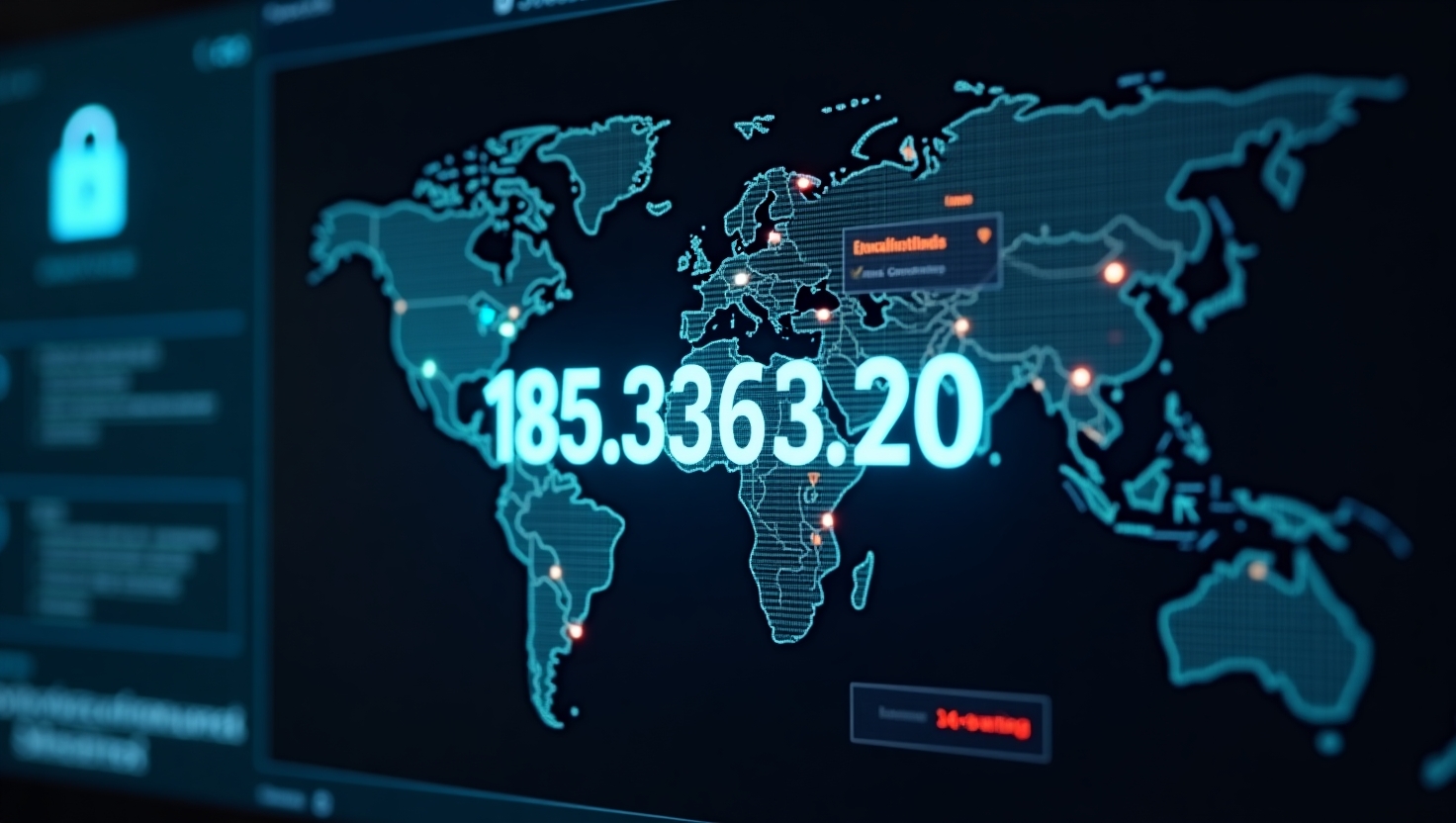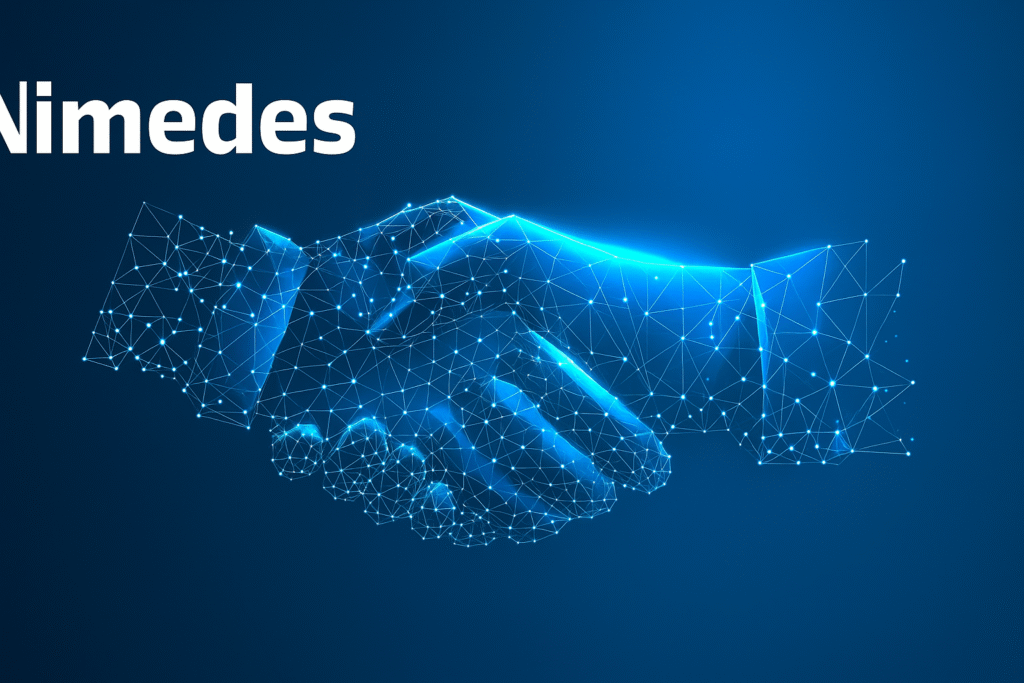What Is 185.63.263.20 and Why Should You Care About It?
There are many things in cybersecurity that are ignored, but IP addresses may be the most important of them all. Among all the mentioned IP addresses, 185.63.263.20 has reasons for being highlighted such as identifying the network and tracking security. However, what does the sequence of characters actually mean for users, business managers or workers in IT?
For anyone curious about traffic on their site, someone tracking them, preventing unauthorized access or wanting to stay secure on the internet, knowing about this IP address matters now. Let’s look into the different aspects and reasons connected to IP.
Getting to know the Fundamentals of 185.63.263.20
Each device that has internet access gets an IP address and 185.63.263.20 is an example of one from the IPv4 group. You can picture your IP address kind of like a postal address for your computers, phones or servers.
185.63.263.20 is one of many addresses usually reserved for organizations or data centres. A server can be for web hosting, be part of a company’s system or be included in a cloud infrastructure. Doing so allows you to figure out what group of digital services it belongs to which may tell you where the message is coming from.
Tracking activity from addresses like 185.63.263.20 may show patterns—it might be a bot looking around or just a user hiding their actual IP address with a VPN. It is very important to know the distinction.
The Real-World Use Cases of 185.63.263.20 in Network Management
When it comes to the practical side of things, 185.63.263.20 could be doing a lot more than just routing traffic. This address might be used in backend systems that handle everything from email servers to customer data platforms.Finding out about such IPs makes it easier for IT professionals to set firewalls, ACLs and observe strange network traffic.
Imagine you notice the IP address 185.63.263.20 showing up a lot in your logs. It might be related to actual monitoring or a possible attack probe. Either situation, it is important to recognize continuous access from certain IPs for security reasons.
Admins can use traceroute or WHOIS lookup to get details about this IP such as who owns it, for making security decisions.
Learn about Security Concerns and 185.63.263.20.
If this IP address is noted in a log, will it cause you security problems? The reason depends on the set of circumstances involved.
There is a chance that 185.63.263.20 is harmless or, on the other hand, may be involved in a malicious activity. Lately, bad actors have used many IP addresses to hide their activities. Many DDoS attacks, phishing servers and malware distribution networks hide behind IP addresses that appear legitimate to avoid being noticed soon.
What measures should you take to be secure? At first, examine if the IP address 185.63.263.20 has been reported for security issues. It is possible to use services such as VirusTotal or AbuseIPDB to detect such addresses. After that, activate layered security measures like firewall filters, geo-IP blockers and two-factor authentication (2FA), to cut down risks.
Security is not the same as having paranoia—it’s about being prepared. Understanding IP is an integral component of it.
Monitoring and Identifying combined with Data Insights
Monitoring can also mean catching opportunities, not just dangers. Reviewing traffic between IPs such as 185.63.263.20 helps companies learn important things about their business activities.
For example, if one IP address is repeatedly visiting your site, it might be associated with a partner organisation, a search engine or a group of your customers.These insights can shape marketing decisions, content delivery optimisation, and even customer service improvements.
Moreover, analytics platforms now allow for IP tagging and segmentation, helping you create more tailored user experiences. By recognising repeat patterns from sources like 185.63.263.20, your system can streamline responses, allocate bandwidth smarter, or flag inconsistencies faster.
Best Practices for Managing Connections Like 185.63.263.20
So what should your approach be if you’re regularly encountering connections from 185.63.263.20? Here are some best practices:
- Log Everything – Every time this IP connects, make a note. Patterns matter.
- Apply Geo-blocking Thoughtfully – If you’re a local UK business and this IP is pinging from overseas, consider temporary access restrictions.
- Set Up Alerts – Use automation tools to notify your admin team if activity from 185.63.263.20 spikes unusually.
- Verify Identity – Pair IP data with other authentication methods to ensure the user behind it is legitimate.
- Review Regularly – Tech changes fast. A harmless IP today might be part of an attack vector tomorrow. Make ongoing reviews a habit.
Effective management is about maintaining performance and security—two sides of the same coin.
Reasons Why You Should Care About 185.63.263.20
It would be easy to pay little attention to an IP address given how complex the digital world is today. Needless to say, however, IPs like 185.63.263.20 do more than provide technical information—they’re little signposts we follow on the web. They might tell you about risks, lead to new possibilities or explain what your system does.
Whether your task is running an e-commerce site in the UK or protecting a SaaS company in the US, things can change a lot if you can identify the owner of an IP like 185.63.263.
Questions Answered About 185.63.263.20
People sometimes call 185.63.263.20 a risky IP address.
No, sometimes it is not clear what evolved first. An IP alone is not a danger—it’s the way it’s used that is more important. Look up the information in both security logs and public threat databases.
Can I stop 185.63.263.20 from reaching my router or firewall?
You have the option to block an IP address manually in the firewall rules if you think it could be malicious or you want to decrease its traffic.
Why do the server logs show me 185.63.263.20 over and over?
It may be caused by a bot, an API or someone using your services many times. Run a WHOIS or IP lookup to gain more information.
Is there a way to figure out the exact place where 185.63.263.20 is located?
Yes, it’s possible to get a sense of where someone is, but the timely information might not be exact because of VPN and anonymity.
Is it possible that 185.63.263.20 is associated with a cyberattack happening?
Activity that looks out of the ordinary or changes a lot can point to a problem. Keep checking for any unusual spikes in fails to access attempts.
Q6: Which tools are available for analysing 185.63.263.20?
A possible solution is to visit IPinfo.io, AbuseIPDB or inspect your firewall logs for details about history, blacklisting and ownership details.



